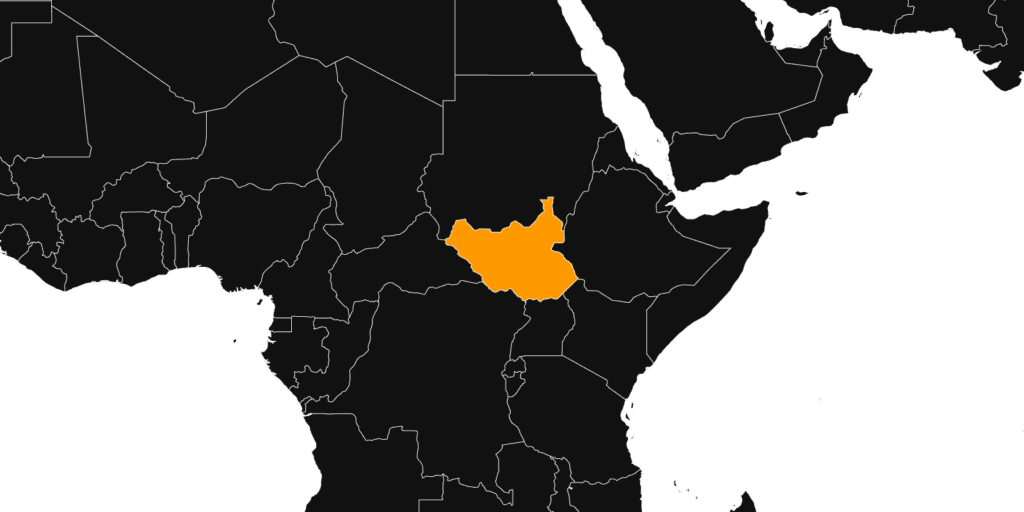
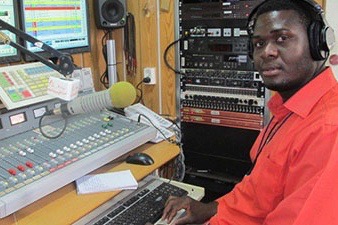
South Sudanese journalist George Livio Bahara released after almost 3 years in prison
George Livio Bahara, a South Sudanese journalist for Radio Miraya, was released after spending almost 3 years in detention without charges.
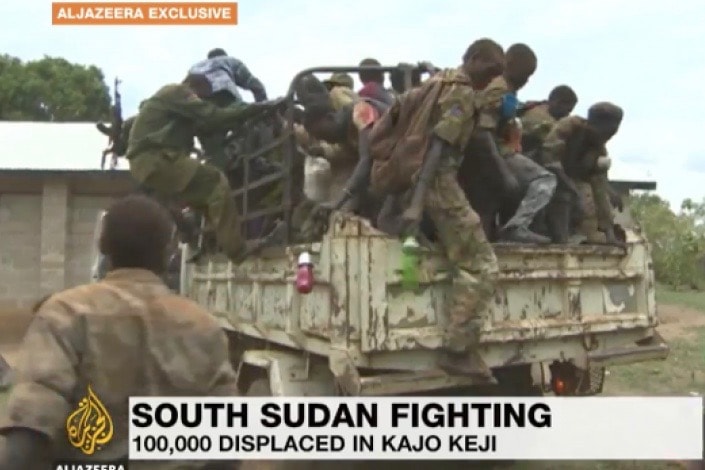
Al-Jazeera English suspended in South Sudan
The ban follows a series of Al-Jazeera reports about the ongoing clashes between government forces and rebel troops. The Qatari TV news channel reported on 20 April that many civilians had been displaced by fighting in the southern county of Kajo-Keji.

Disappeared: South Sudan activist Dong Samuel Luak & opposition official Aggrey Idris
Three months, 90 days, more than two thousand hours without news of Dong Samuel Luak, a well-known South Sudanese activist, and Aggrey Idris, an opposition official, who disappeared off the streets of Nairobi on January 23 and 24.

Prominent lawyer and human rights advocate faces forced return to South Sudan
“Dong Samuel Luak has been a vocal advocate for human rights in South Sudan for many years, and could face serious mistreatment if returned to South Sudan,” said Leslie Lefkow, deputy Africa director at Human Rights Watch.

Prominent lawyer and human rights advocate faces forced return to South Sudan
“Dong Samuel Luak has been a vocal advocate for human rights in South Sudan for many years, and could face serious mistreatment if returned to South Sudan,” said Leslie Lefkow, deputy Africa director at Human Rights Watch.

South Sudanese radio station arbitrarily shut down by security service
The African Freedom of Expression Exchange (AFEX) joins the Association for Media Development in South Sudan (AMDISS) to strongly condemn the arbitrary closure of Eye Radio station by the South Sudan National Security Service (NSS).
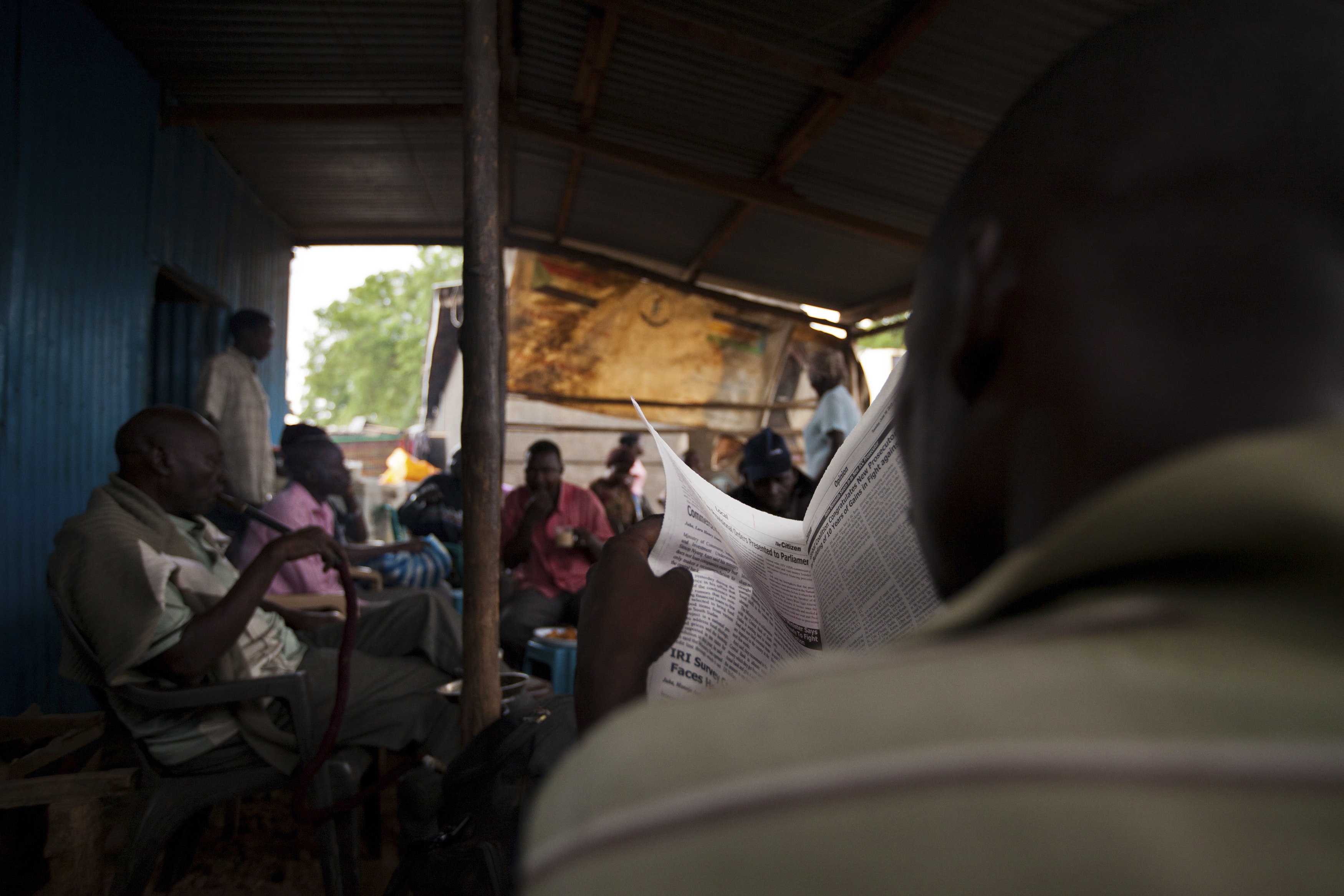
African free speech network calls on South Sudan’s president to reopen newspaper
The African Freedom of Expression Exchange (AFEX) has petitioned President Salva Kiir over the closure of the country’s leading private paper, The Nation Mirror. In September, the National Security Service ordered the indefinite closure of The Nation Mirror without any explanation.
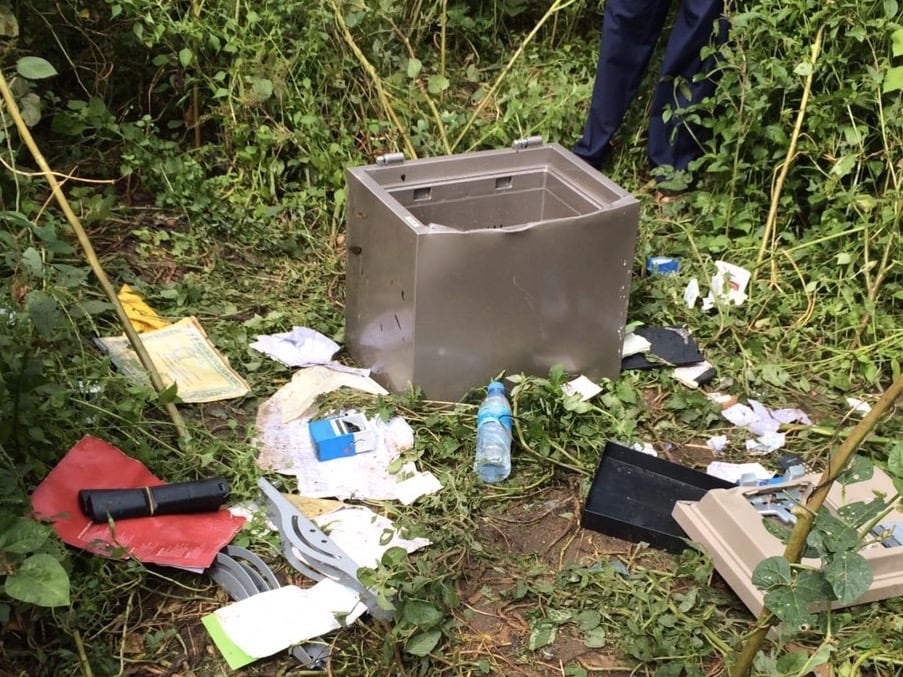
South Sudanese media association raided
On the evening of 27 October, armed robbers broke into the offices of the Association for Media Development in South Sudan and took laptops, a camera, a TV and a safe.
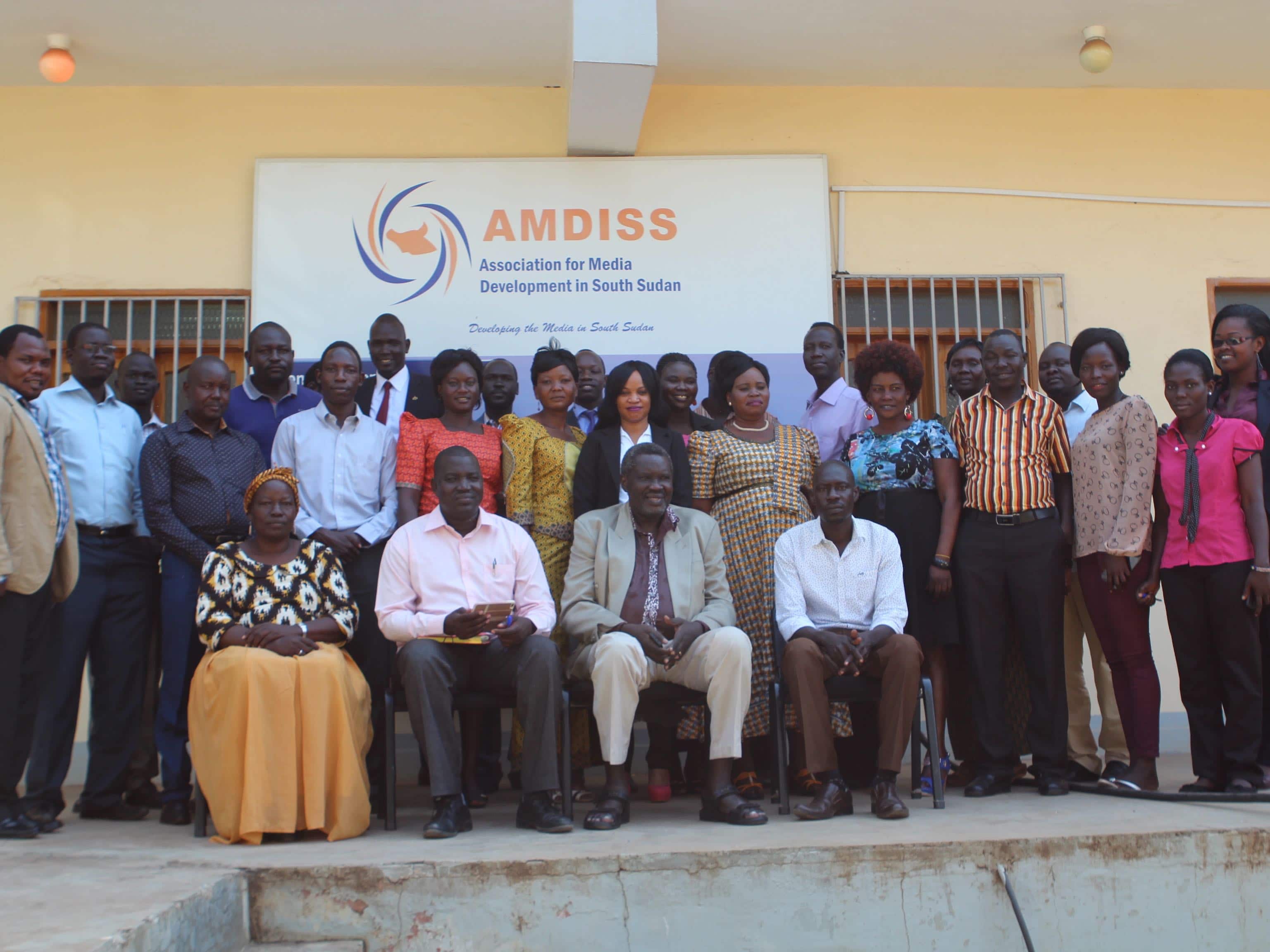
In South Sudan, journalists discuss hardships and brainstorm solutions
A workshop organized by AMDISS encouraged journalists in South Sudan to discuss challenges to freedom of expression, learn about media legislation, and commit to advocating for effective media laws.
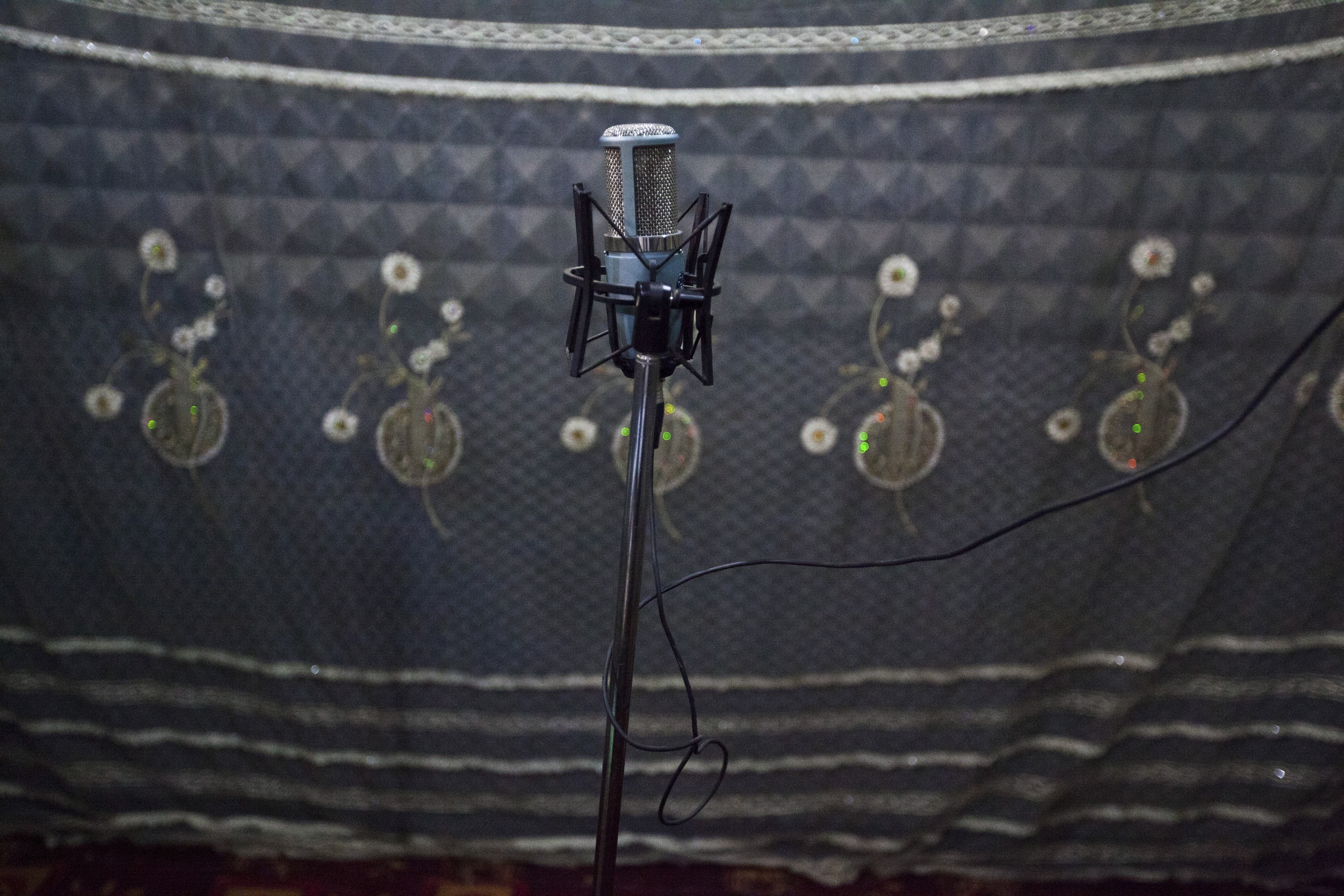
In South Sudan, journalists are being killed with impunity
“It is clear that past investigations into killings of journalists have not yielded any fruitful results. We therefore appeal to the authorities concerned to include representatives of journalists unions, editors and media associations in any committee formed to investigate any incidence involving journalists.”

In South Sudan, journalists are being killed with impunity
“It is clear that past investigations into killings of journalists have not yielded any fruitful results. We therefore appeal to the authorities concerned to include representatives of journalists unions, editors and media associations in any committee formed to investigate any incidence involving journalists.”
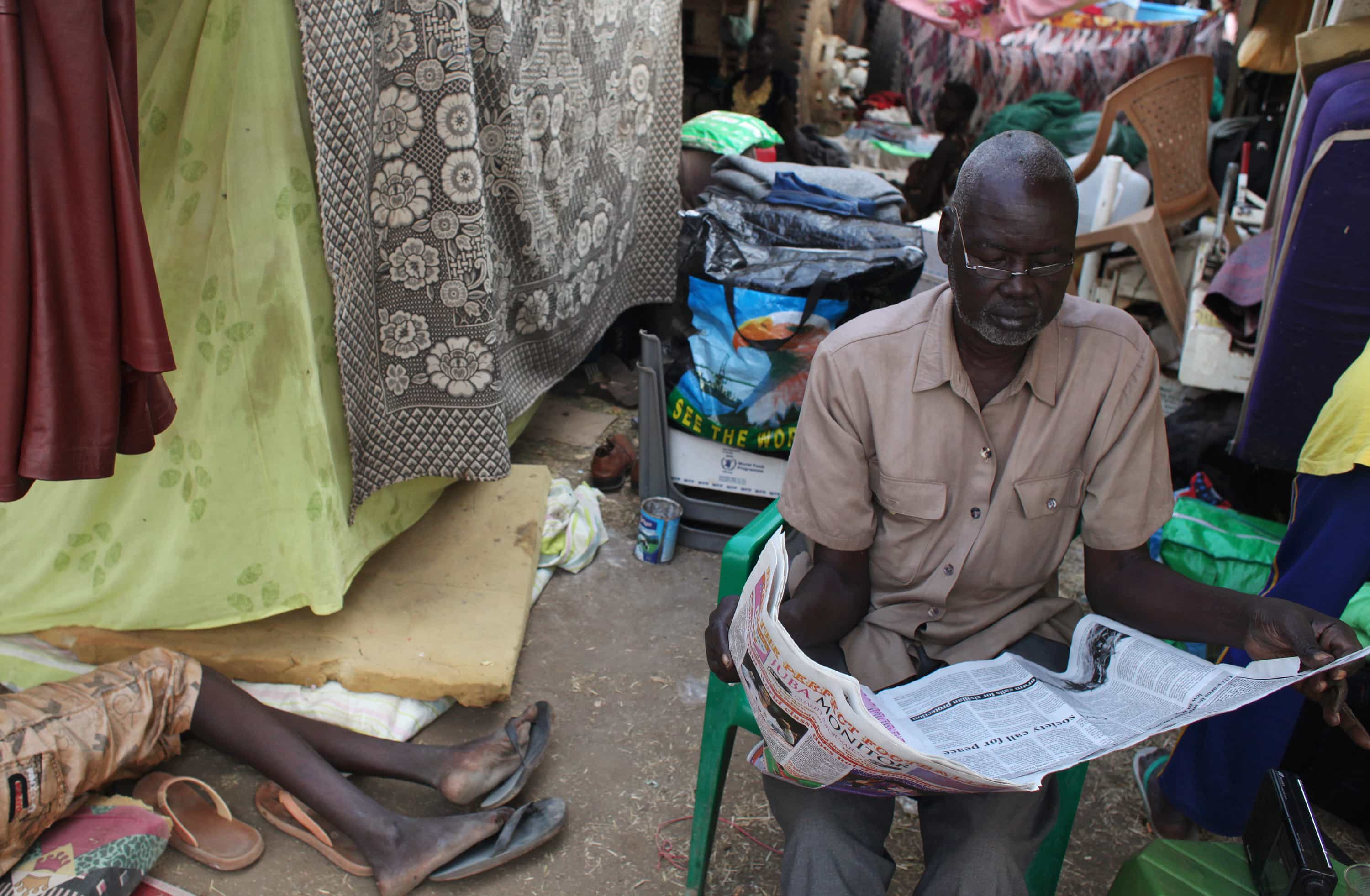
South Sudan shuts down newspaper…without an explanation
The Nation Mirror‘s staff told by national security office to cease operations following weeks of government censorship.

Prominent South Sudanese journalist released after 2 weeks in detention
Following an outcry by the local and international community, including a statement issued by the African Freedom of Expression Exchange (AFEX), Alfred Taban was granted bail on 29 July 2016.

Twelve days on, South Sudanese journalist still in detention
On July 16, 2016, agents of the National Security Service arrested Alfred Taban, Editor-in-Chief of Juba Monitor, an independent English language daily newspaper in South Sudan. The security service accused the journalist of inciting violence, and consequently shutdown the Juba Monitor on the same day.

South Sudanese reporter kidnapped, tortured two weeks after release
The authorities had recently held reporter Joseph Afandi incommunicado for two months for criticizing the government’s handling of the civil war, which has dragged on for more than two years.
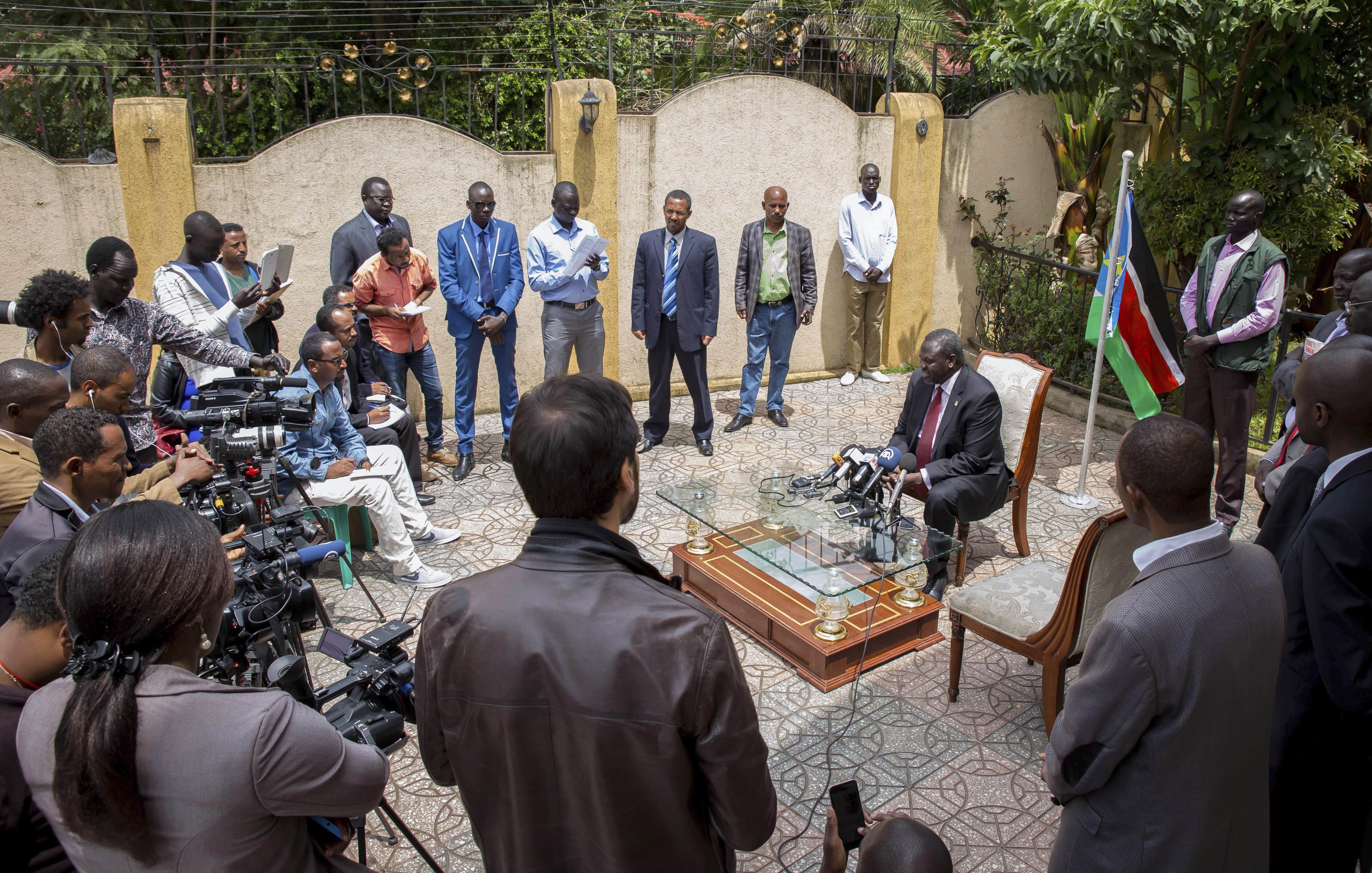
Shooting of freelance reporter heightens fears for South Sudan’s press
“The persecutions will not go away,” Ochan Hannington, a journalist living in exile, told CPJ. “You report accurately, you face it rough. You say what the government wants to hear, you survive. I see either a compromise in the ethics or continued fleeing of journalists.”